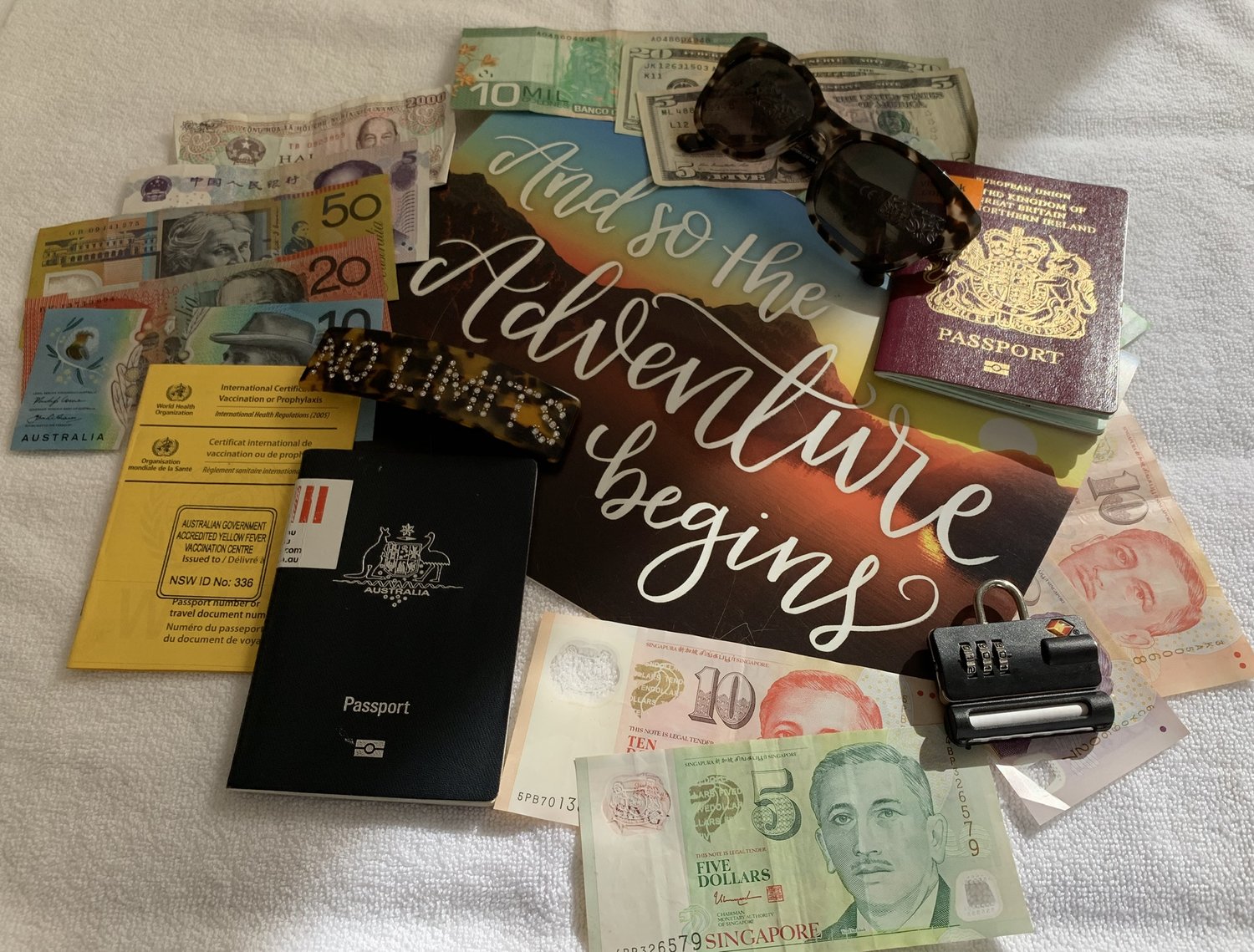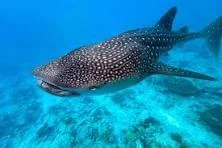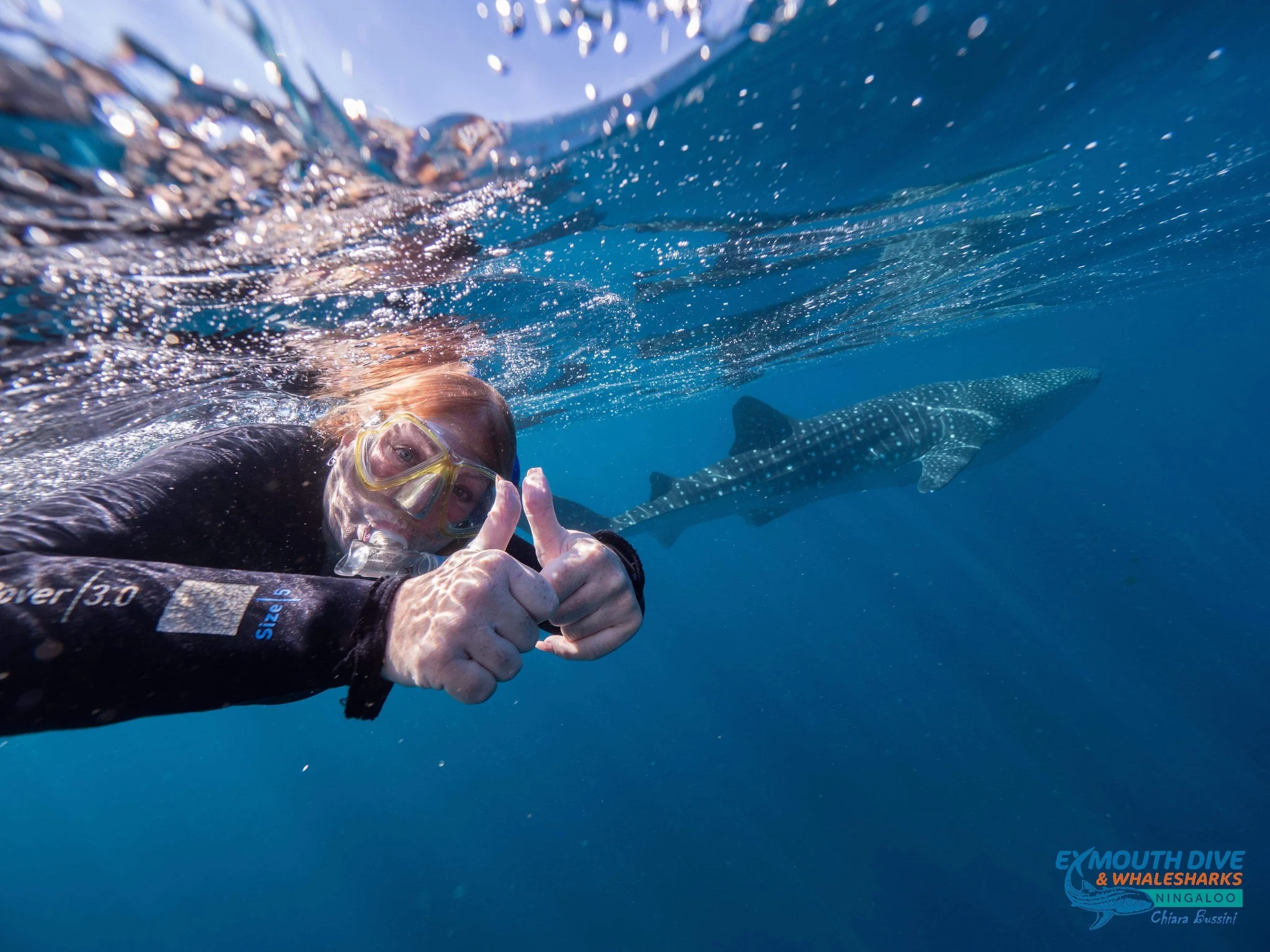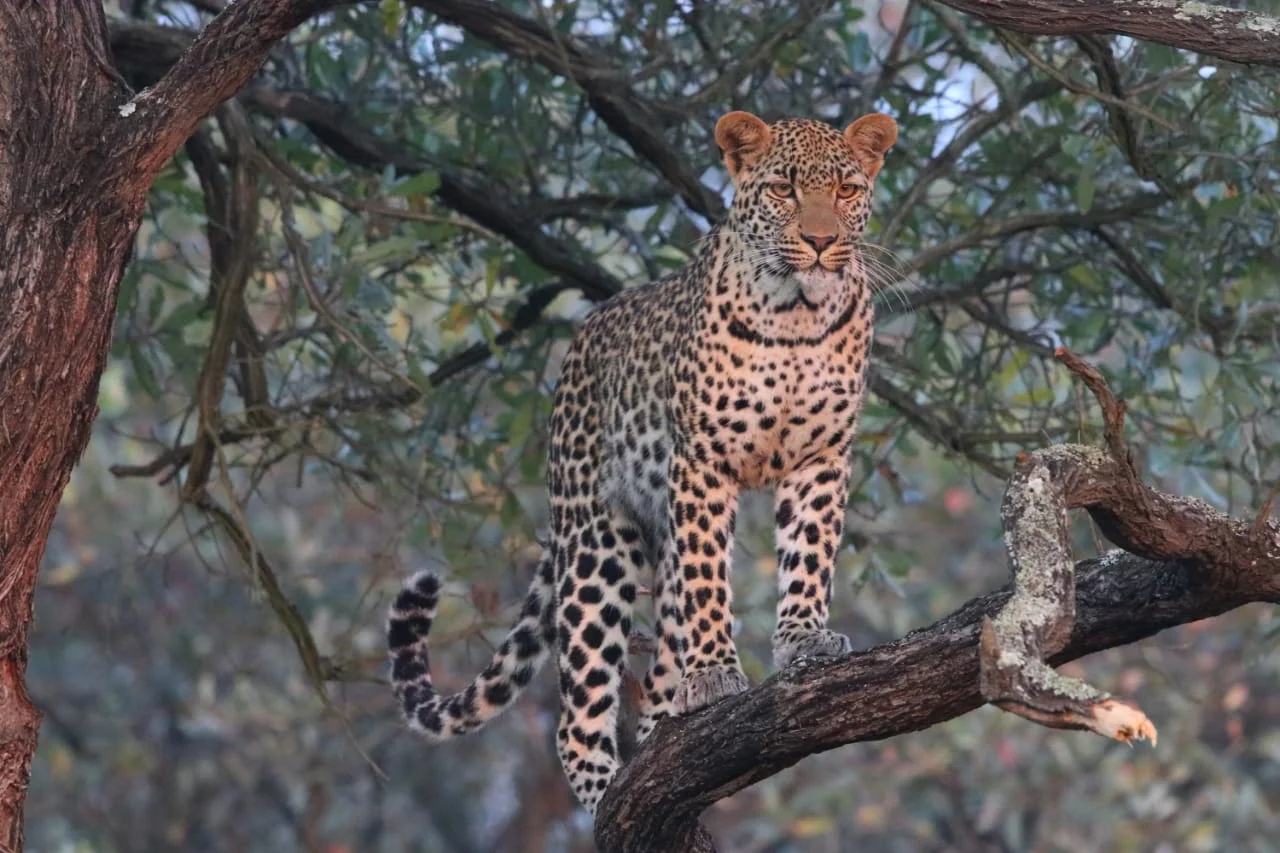Whale Sharks - Meet the world's largest fish
What are whale sharks?
Whale Sharks are the world’s largest living fish. They can grow up to twelve metres long and weigh 20.6 tons (that's about the size of a school bus). Despite their size they are amazingly graceful creatures and seem to move effortlessly through the ocean with their huge tails swishing from side to side.
Fortunately for most sea-dwellers—and us! their favourite meal is plankton. They swim close to the water's surface and scoop up these tiny plants, animals and small fish, with their huge gaping mouths.
Whale sharks are quite mysterious creatures and a lot is still unknown about them i.e. do they have regular mating grounds? Where are the young born? How long the young stay with their mother?
Sadly, Whale Sharks are endangered, and their population is declining with only tens of thousands estimated to be remaining worldwide.
Human interaction with whale sharks
Whale Sharks can be found in several locations other than Ningaloo Reef i.e.
Djibouti, St Helena, Nosy Be (Madagascar), Isla Mujeres (Mexico), Southern Leyte & Tubbataha Reefs (Philippines), The Galapagos(Ecuador), The Maldives, Mafia Island (Tanzania) and Tofo Beach(Mozambique).
The best place to see them will depend on the time of year – see below for further information:
https://www.fodors.com/news/photos/10-places-where-you-can-swim-with-whale-sharks
Whale Sharks have a protective layer of mucus on their skin, and if this is disturbed such as with human interaction, it can hurt their overall health. Previously, people in Ningaloo used to ride Whale Sharks but this practice is now banned. and nowadays, a boat captain would lose his licence if he allowed his passengers to have any contact with Whale Sharks such as touching or feeding.
Sadly, in some parts of the world, such as Oslob in the Philippines, some tour companies entice Whale Sharks to their boats by feeding them. This maximises sightings but can cause problems as the sharks begin to rely on humans to provide a source of food. This can change their migration patterns as they remain in the area and can risk malnourishment from a poor diet. It is this type of interactions which destroy the whale sharks natural reserve and make them more vulnerable to predators.
In other locations such as The Maldives the water can be overcrowded due to the sheer number of tourists wanting to get in the water with these massive fish which is dangerous as there is a risk of injury to the sharks.
If you dream of swimming with Whale Sharks, I would suggest that you research your destination and operator by asking questions about their code of conduct and environmental credentials.
Swimming with Whale Sharks is an amazing experience but like riding elephants or watching animals perform in circuses it is not the natural way of the world. If you aren’t one hundred percent sure that you’re booking with a responsible operator or are offered the chance to feed or ride these beautiful, wild creatures please look at alternative operators.
But once you find the right location and operator, I promise you that the memory of swimming with Whale Sharks will stay with you forever.






